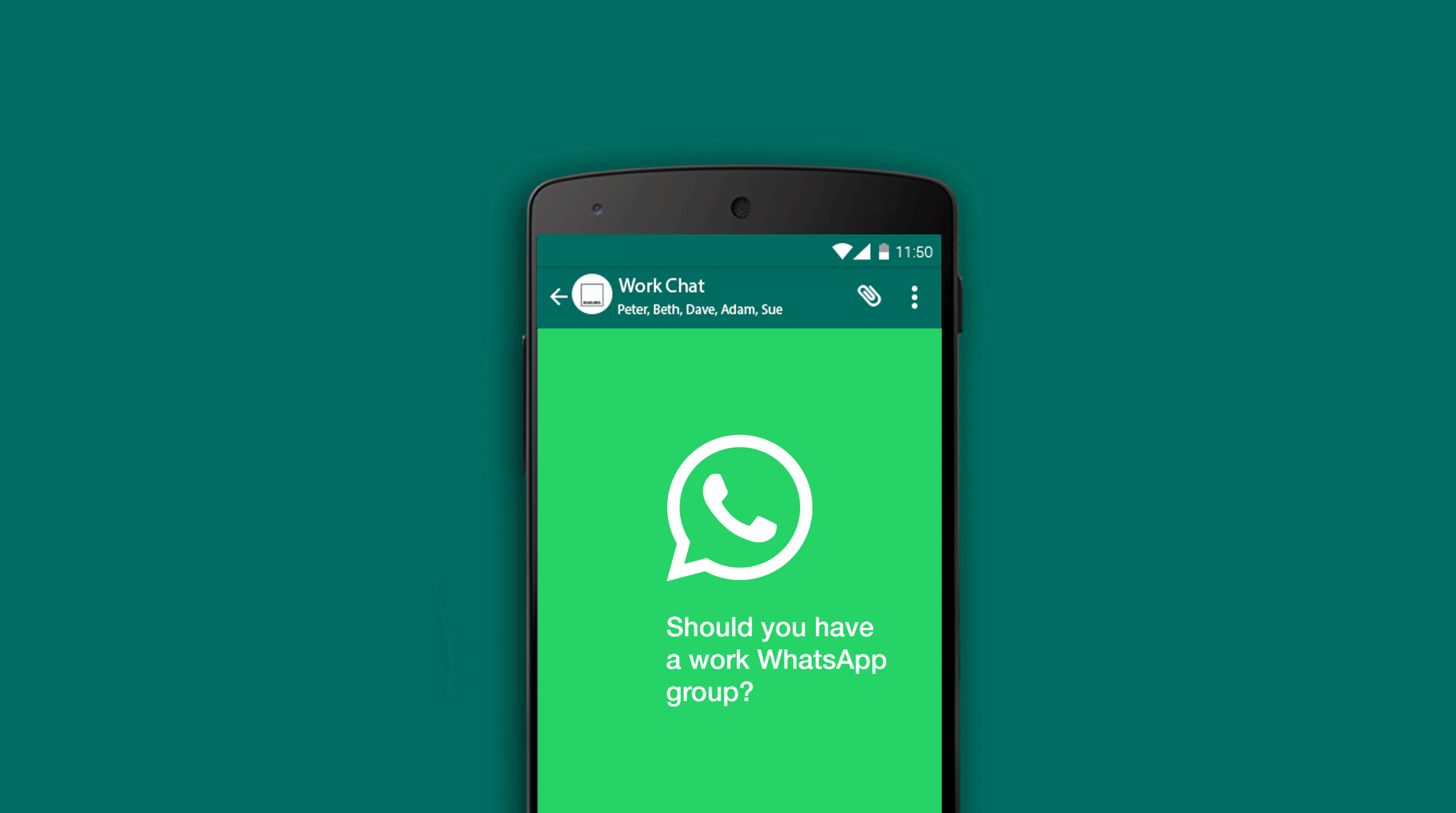The 8 personality types you’ll meet at work…and how to get along with them
Loving where you work can be as much about getting along with your colleagues as it is about job satisfaction.
Colleague relationships matter. Research has found that coworker interactions can affect everything from a person’s job satisfaction and absenteeism, to organisation turnover and effectiveness. [1]
We can choose what we do for a living, but we can’t always choose who we work with. So when you encounter difficult personalities in the workplace, it’s important to know how to work with them and not let them turn an otherwise great place to work into a potential nightmare.
Broadly speaking, there are eight types of difficult personality you’re likely to encounter during your career:
Exploders – Loud and disruptive if they don’t get their own way. Wait for their tantrum to stop, or stand up and assertively insist that they be calm. Offer to discuss their views if they speak to you professionally.
Tanks – Have to be right and will run over others to prove their point. Remain calm. Acknowledge their views. Express your views as opinions, rather than facts they can dismiss.
Snipers – Bide their time before unleashing cutting remarks that belittle their target. Force snipers into the open by asking them open-ended questions. They must then answer to your face rather than ‘shooting from the sidelines’.
Pessimists – Find fault or problems with everything, usually without offering solutions. Shift them towards a problem-solving mindset, rather than a problem-spotting one. Ask questions that steer the pessimist towards identifying the source of the problem.
Know-it-alls – Need to prove they’re the smartest person in the room. Know-it-alls may be genuine experts who can’t work with others, or they might be blaggers trying to impress others. Let them know that you value their expertise (genuine or otherwise), but remind them that it’s important to consider everyone’s views.
Clams – Go silent if they feel under pressure. This could be due to stubbornness, or a lack of self-confidence. Encourage them to talk. Ask open-ended questions and thank them for their input.
Chatterboxes – The opposite of a clam. It can seem impossible to get chatterboxes to stop talking. If they catch you in a hallway or at your desk, explain that you have work to do but let them know you’re interested in what they’re saying and will catch up with them later. In meetings, politely interrupt and say that you’re keen to hear what other people think to the points they’ve raised.
Super-agreeables – Their desire to be liked can lead them to agree with everyone all the time to avoid hurting anyone’s feelings, or to take on tasks that are beyond them because they can’t say no. Make super-agreeables comfortable enough around you that they can disagree when necessary. If they agree to take on a lot of work, check that they’re confident they can deliver.
If you’ve been mentally ‘tagging’ colleagues as you went through that list, it could be a sign that other people are stopping you from truly loving where you work. Use these strategies when you encounter difficult coworkers, and you’ll be on the path to a happier workplace.
Have you experienced any difficult personality types not mentioned here? Tell us what they were and how to deal with them professionally. Join the discussion #LoveWhereYouWorkMK, or Tweet us directly @HeadlinesComms
[1] Chiaburu, D.S and Harrison, D.A. Do Peers Make the Place? Conceptual Synthesis and Meta-Analysis of Coworker Effects on Perceptions, Attitudes, OCBs, and Performance. Journal of Applied Psychology. Oct 2008











